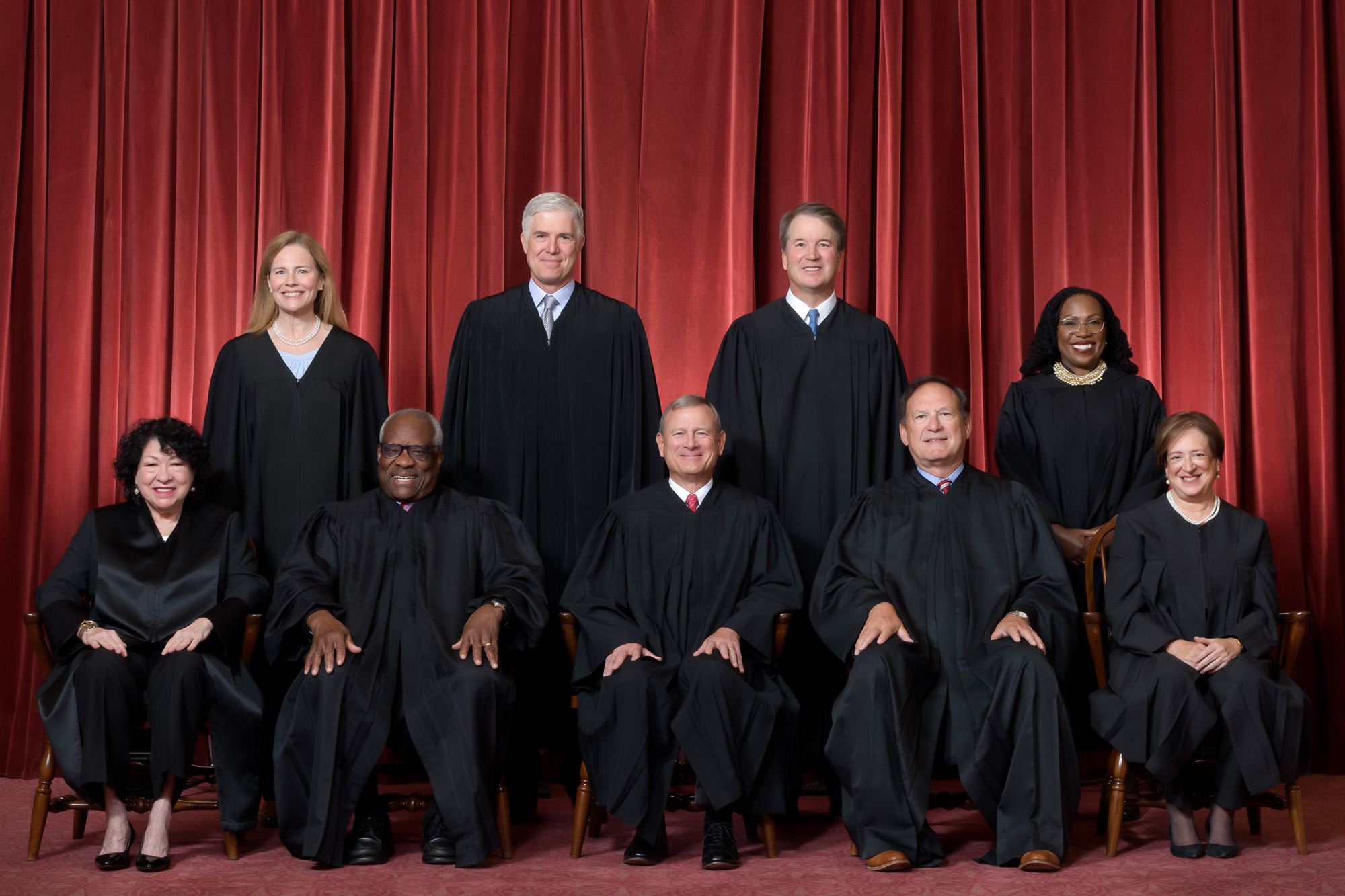Before I had to watch films for class, I didn't know much about the U.S. Supreme Court. I knew it was the top court in the country and that it sometimes made important decisions, but I didn't know how much it affects everyday life in the U.S. My view of the Supreme Court and its role in our government changed totally after reading the material.
One of the most shocking things I learned was how much power the Supreme Court really has. It does more than just read the Constitution; it also makes laws that will be followed for generations. Important court cases like Roe v. Wade and Brown v. Board of Education are more than just decisions; they're turning points in American history. When I was young, Roe v. Wade really stood out to me. What the decision means is more than just a formal position. It stands for the fight for women's right to make their own health choices and bodily liberty. I care a lot about my body, my rights, and my freedom to choose. Learning about how the Court has affected these rights in the past made the Court's job feel much more personal and important.
What really struck me was the idea that the public's trust is what gives the Court its power. I remember one part of the movie that stuck with me: "The Court's legitimacy comes from the Constitution, but its power comes from the faith of the people." It's both interesting and dangerous how fragile that balance is between constitutional power and public trust. It made me think about how important it is for the Court to stay fair and honest, especially when the country is divided.
I also found it interesting that the Justices are so free. I didn't know that once they are chosen, they don't have to deal with the same political pressures as other parts of the government. Because they are free, they can make decisions based on the law instead of what is best for politics. This makes the process much more honest.
How cases are picked was another thing that stood out to me. The Justices look over every plea and choose whether to hear the case or not. I didn't know that. I thought the Court was less linked to the country than I thought before that level of activity, even though it's often called "distant" or "detached."
It was especially interesting to learn about the things that happen behind the scenes, like how oral debates work and how the Justices write their views. I thought public arguments would be more formal and one-sided, but they're more like a talk between the Justices, who use the lawyers' cases as starting points. The writing of views also caught me off guard. I had no idea that after a decision is made, one Justice writes a long statement that other Justices can agree with, add to, or even write their own views on. It's clear that the Court is very serious and complicated because of how they work together (and sometimes disagree).
To get more personal, I was shocked by how much false knowledge there is about the Supreme Courtand the law in general. A lot of what people, especially young people, hear or think comes from short clips on social media or over-the-top images in movies and TV shows. This experience made me realize how important it is for us to get correct and trustworthy knowledge as students and future leaders. We can't successfully join in our government when we don't understand how it works. Finding out the truth gives us the strength to participate, speak out, and make smart choices.
Lastly, I liked how the Court has used technology to keep up with the times. People can read recent decisions, listen to live audio of oral arguments, and find out about the Court's plan on their website. It's good to see that the Justices are using modern tools to make their job more open and clear, even though they're interpreting a text that was written more than 200 years ago.

Overall, these movies helped me see the Supreme Court not only as a court, but also as an important defender of democracy. Its job is now clear to me: it's not just to settle law disputes; it's also to keep the balance of power, protect people's rights, and guide the future of our country. As a young woman in college, I have a better understanding of how important the Supreme Court is and how its decisions affect my life.


No comments:
Post a Comment